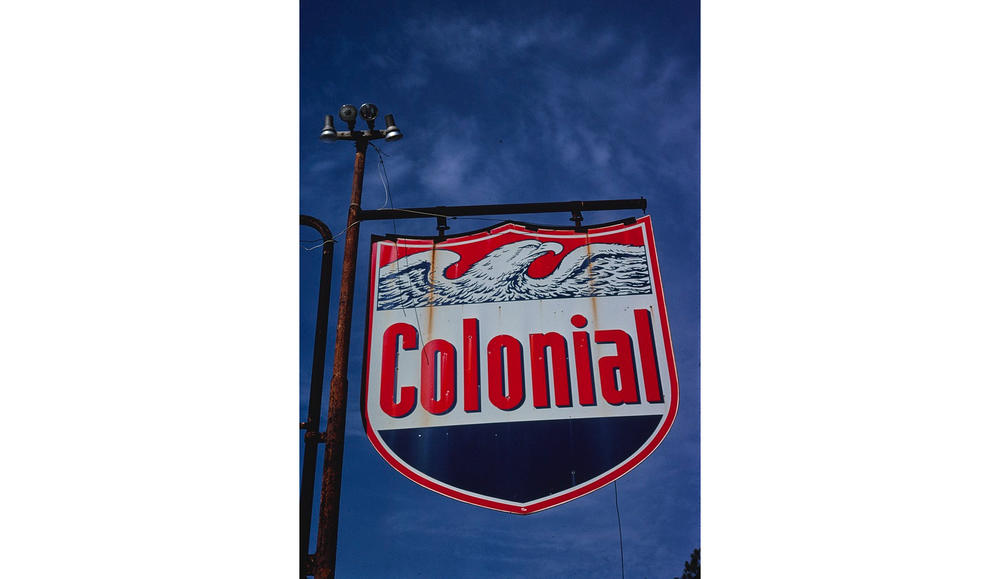
Section Branding
Header Content
‘There will be consequences’: EPA set to settle with Savannah oil company amid Clean Air Act lawsuit
Primary Content
LISTEN: Federal regulators accuse Colonial Oil of failing to offset part of its greenhouse gas emissions, as required under environmental law. GPB's Benjamin Payne reports.

Savannah-based Colonial Oil Industries Inc. has agreed to a settlement with the U.S. Department of Justice and the Environmental Protection Agency which, if approved by a federal judge, would see the company pay approximately $15 million to resolve a lawsuit accusing Colonial Oil of violating the Clean Air Act over a seven-year period.
Filed Wednesday in Savannah federal court, the lawsuit brought by the DOJ on behalf of the EPA alleges that Colonial Oil undercounted the amount of diesel it sold to marine vessels from 2013 through 2019.
Companies such as Colonial Oil — which produces, imports and distributes fuel throughout the eastern U.S. — are required under the Clean Air Act to calculate their fuel volumes, and to offset a percentage of those volumes through the purchase of credits which help subsidize the production of renewable fuels.
Because Colonial Oil “improperly excluded” from its calculations more than 100 million gallons of diesel it supplied to “non-oceangoing” ships, according to the DOJ's complaint, the company failed to acquire about 9 million renewable fuel credits that it was obligated to purchase.
Fuel sales to oceangoing vessels — such as container ships delivering international cargo — are exempt from such calculations, according to the complaint. But the exemption does not apply to non-oceangoing vessels, which operate domestically.
Colonial Oil, which is headquartered adjacent to the Port of Savannah, did not respond to GPB's request for comment on the lawsuit.
Under the terms of the proposed settlement — signed by Clayton Cheshire, the executive vice president of Colonial Oil's Savannah-based parent company Colonial Group — the oil company will pay a civil penalty of more than $2.8 million and purchase 9 million renewable fuel credits, which the DOJ estimates will cost Colonial Oil about $12.2 million.
“Renewable fuels play a critical role in diversifying our country's energy mix and reducing greenhouse gas emissions, all while providing good paying jobs and economic benefits to communities across the country,” EPA Assistant Administrator David Uhlmann said in a statement. “This settlement once more puts gasoline and diesel refiners and importers on notice that they must meet their obligations to reduce climate- and health-harming pollution and that there will be consequences if they do not.”
The proposed settlement states that Colonial Oil does not admit any liability to the claims made in the complaint.
That complaint also alleges that Colonial Oil produced about 1.3 million gallons of gasoline in May 2018 that exceeded federal limits on volatile organic compounds — chemicals which are major contributors to smog.
In addition to owning Colonial Oil, Colonial Group has several subsidiaries including Enmarket, a chain of more than 100 gas stations and convenience stores in Georgia, South Carolina and North Carolina.
Before the proposed settlement can be finalized by U.S. District Judge R. Stan Baker, it must go through a 30-day public comment period, which has not yet been set.
“The creation and use of renewable fuels reduces overall greenhouse gas emissions,” Assistant U.S. Attorney General Todd Kim said in a statement. “This proposed settlement will hold Colonial to the same renewable fuel requirements that all importers and producers must adhere to.”
Secondary Content
Bottom Content




